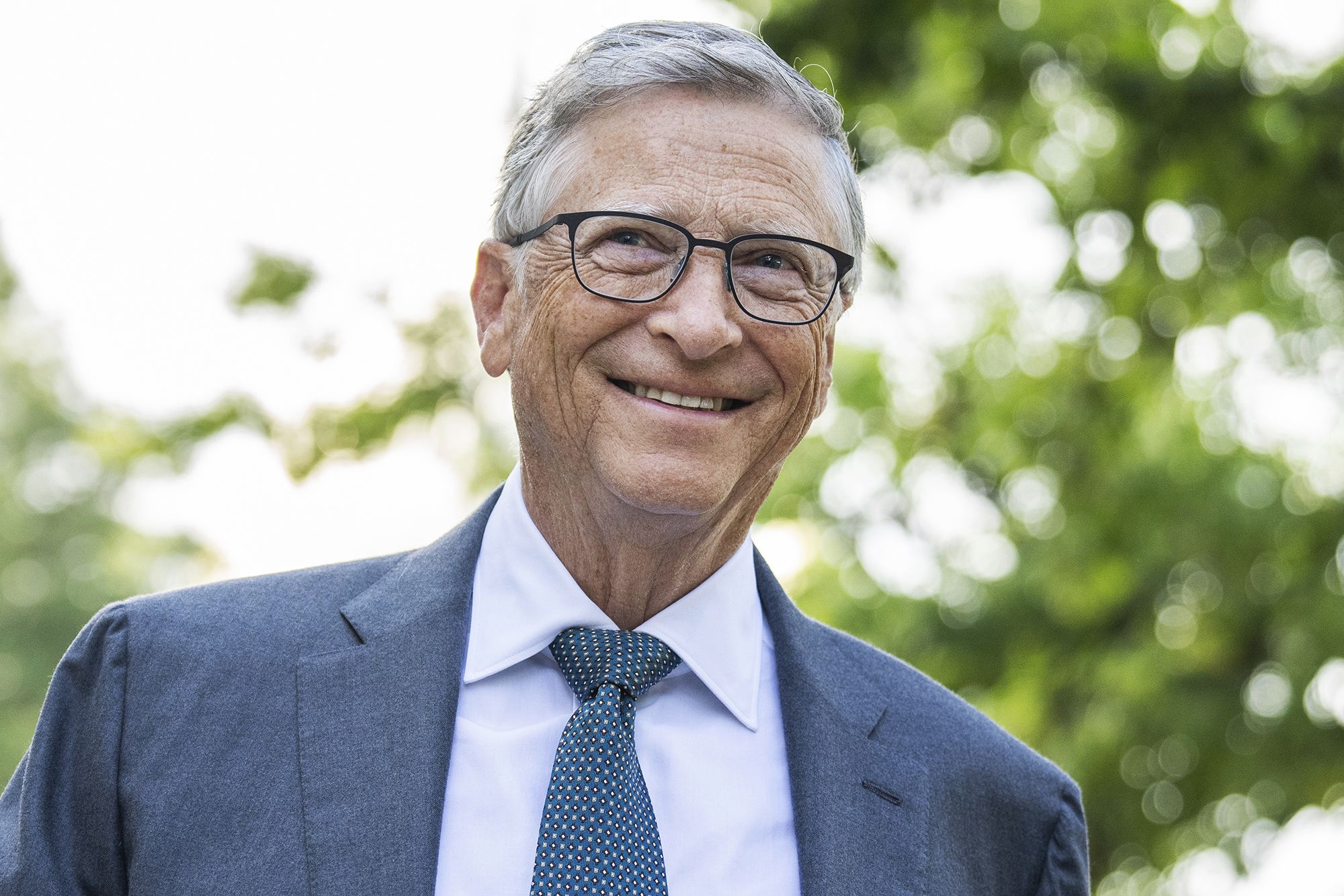
Bill Gates has long been a prominent figure in global health and philanthropy. Through his foundation, the Gates Foundation, Gates has invested billions of dollars to improve health, reduce child mortality, and eradicate diseases like polio, which have saved millions of lives.
Despite these efforts, Gates has faced increasing scrutiny and conspiracy theories, particularly around his involvement with vaccines.
Among the most persistent claims are that he aims to reduce Africa's population through the use of vaccines, a notion that has sparked widespread debate and mistrust.
The most recent iteration of these allegations stems from an article in the "People’s Voice" that linked a Congo outbreak to vaccines.
However, the claims made in this article lack verification from reputable sources such as the BBC or the World Health Organization (WHO), both of which found no connection between the outbreak and vaccination efforts.
This is just one of many examples where conspiracy theories have misinterpreted Gates' demographic comments, creating false associations that undermine his public health efforts.
In reality, Bill Gates' advocacy for vaccines is driven by a commitment to improving global health, especially in underserved regions.
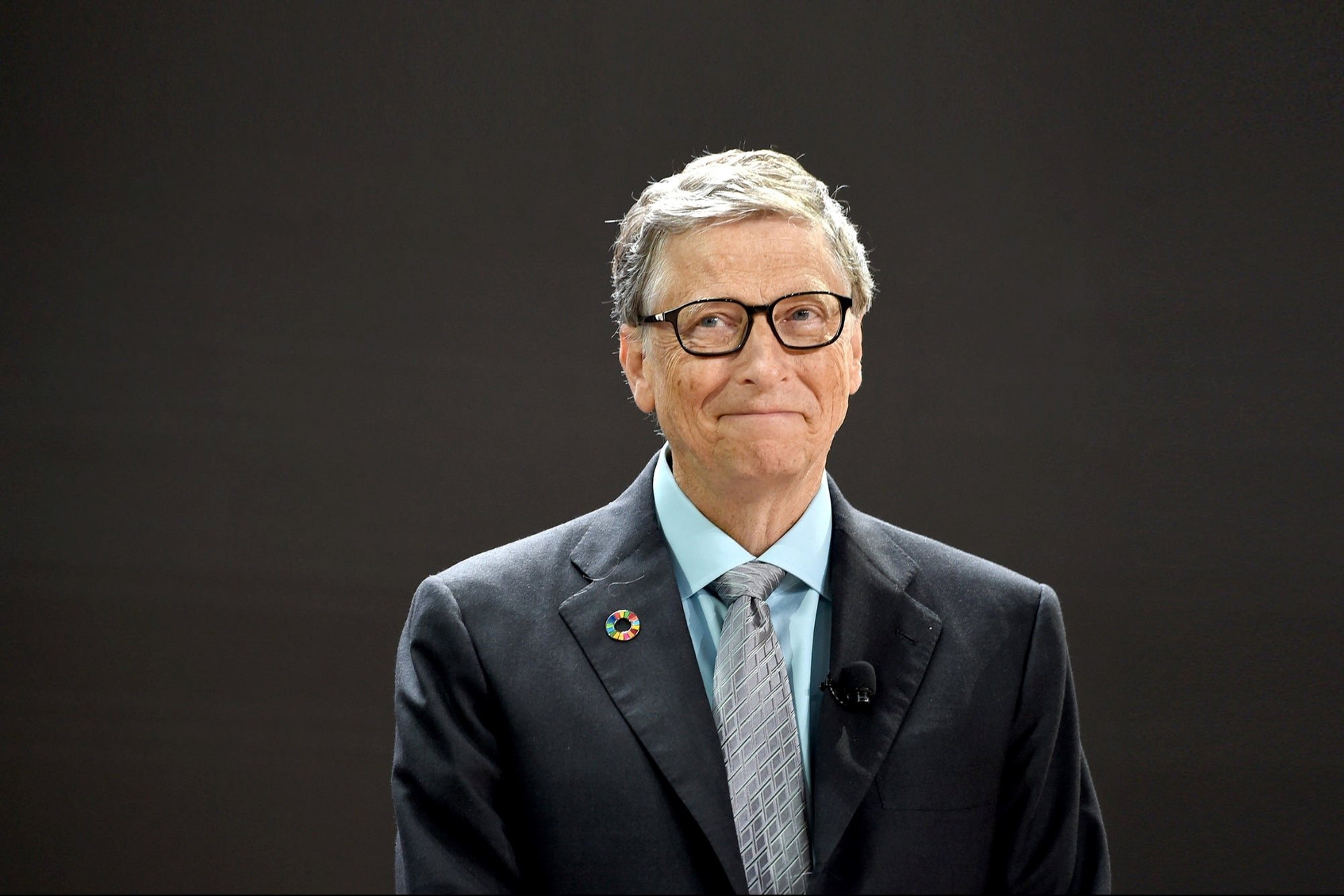
The Gates Foundation has long focused on combating diseases that disproportionately affect the global poor, particularly in Africa.
Vaccines have been a critical tool in this fight. Polio, for example, has been nearly eradicated worldwide thanks to a concerted effort spearheaded by Gates and his foundation.
In addition to vaccines, the Gates Foundation supports initiatives to improve sanitation, provide clean water, and ensure access to life-saving medicines in some of the world’s most impoverished areas.
Despite the clear benefits of vaccination, skepticism about vaccines in Africa, and particularly about the involvement of foreign organizations, has been a persistent challenge.
Vaccine skepticism in Africa often stems from historical mistrust. Many African nations have experienced exploitation, colonialism, and paternalistic interventions by foreign entities, which has fostered a climate of suspicion towards external efforts.
This historical context is crucial to understanding the reluctance some communities feel toward vaccines and public health campaigns led by foreign organizations or individuals.
However, there is no credible data that supports the claim that Bill Gates, or the Gates Foundation, is involved in any kind of population control agenda through vaccines.

The allegations that Gates seeks to reduce Africa’s population by vaccinating people are grounded in misinterpretation and misinformation.
Fact-checkers, including Reuters, have clarified that Gates' comments about population growth were always health-driven. He has frequently spoken about the correlation between health improvements and reductions in birth rates, a well-established phenomenon in demographic studies.
Improved health outcomes, particularly for children, often lead to smaller family sizes as parents feel more confident that their children will survive into adulthood.
The claims about Gates’ alleged population control plans largely come from a misunderstanding of his demographic remarks, which were aimed at explaining the link between improved health and family size, not advocating for population reduction.
In fact, Gates has publicly stated that his goal is to improve health and education in order to help populations thrive, not to reduce their numbers.
The vaccination campaigns led by the Gates Foundation have saved millions of lives in countries with the highest burden of disease.
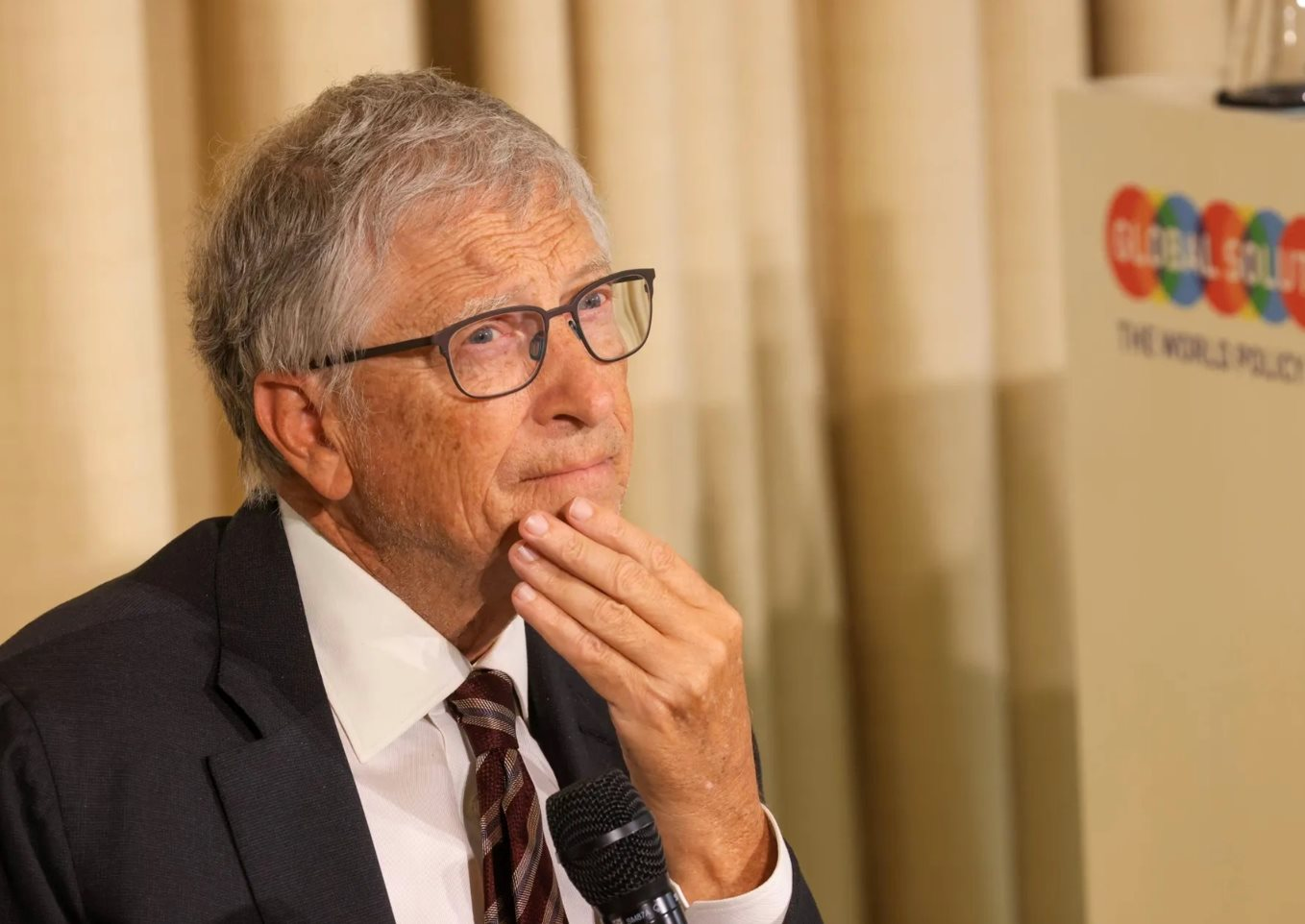
The foundation’s efforts to combat polio and other vaccine-preventable diseases have been groundbreaking. In 2007, the Global Polio Eradication Initiative, supported by Gates and other partners, announced that more than 2 billion children had been vaccinated against polio, and cases had decreased by 99%.
These efforts have helped eliminate polio in many regions of the world, providing hope for the eventual eradication of the disease.
Yet, despite the overwhelming success of these programs, a vocal minority continues to perpetuate myths about vaccines and their supposed harmful effects.
The spread of these conspiracy theories has been amplified by social media and sensationalized articles, which prey on people’s fears and uncertainties.
These stories have often linked Gates to a variety of unfounded claims, from controlling population growth to implanting microchips through vaccines, none of which have any basis in reality.
One of the main reasons that these conspiracy theories persist is that they tap into existing fears and mistrust. In the case of Africa, where historical exploitation and colonialism have shaped the relationship between foreign powers and local populations, the skepticism surrounding Western-led health initiatives is understandable.

Many African countries have experienced the imposition of foreign agendas that did not always prioritize the well-being of local populations. This historical context is important in understanding why some communities may view vaccination programs with suspicion.
However, as more data and evidence emerge, the idea that vaccines are being used to control populations has been debunked by experts.
The World Health Organization, along with other reputable international bodies, has consistently stated that vaccines are safe, effective, and essential in preventing the spread of diseases.
Vaccines, in fact, save lives and protect communities from devastating outbreaks. The Gates Foundation’s efforts in supporting vaccination campaigns and improving global health are backed by decades of scientific research and evidence.
In the face of these misconceptions, it is important to continue to provide accurate information about vaccines and the work of organizations like the Gates Foundation.
The foundation’s focus is on saving lives, improving access to healthcare, and ensuring that people, particularly in developing countries, have the resources and support they need to lead healthy lives.
The spread of misinformation about vaccines not only harms public health efforts but also undermines trust in the very systems that are working to save lives.
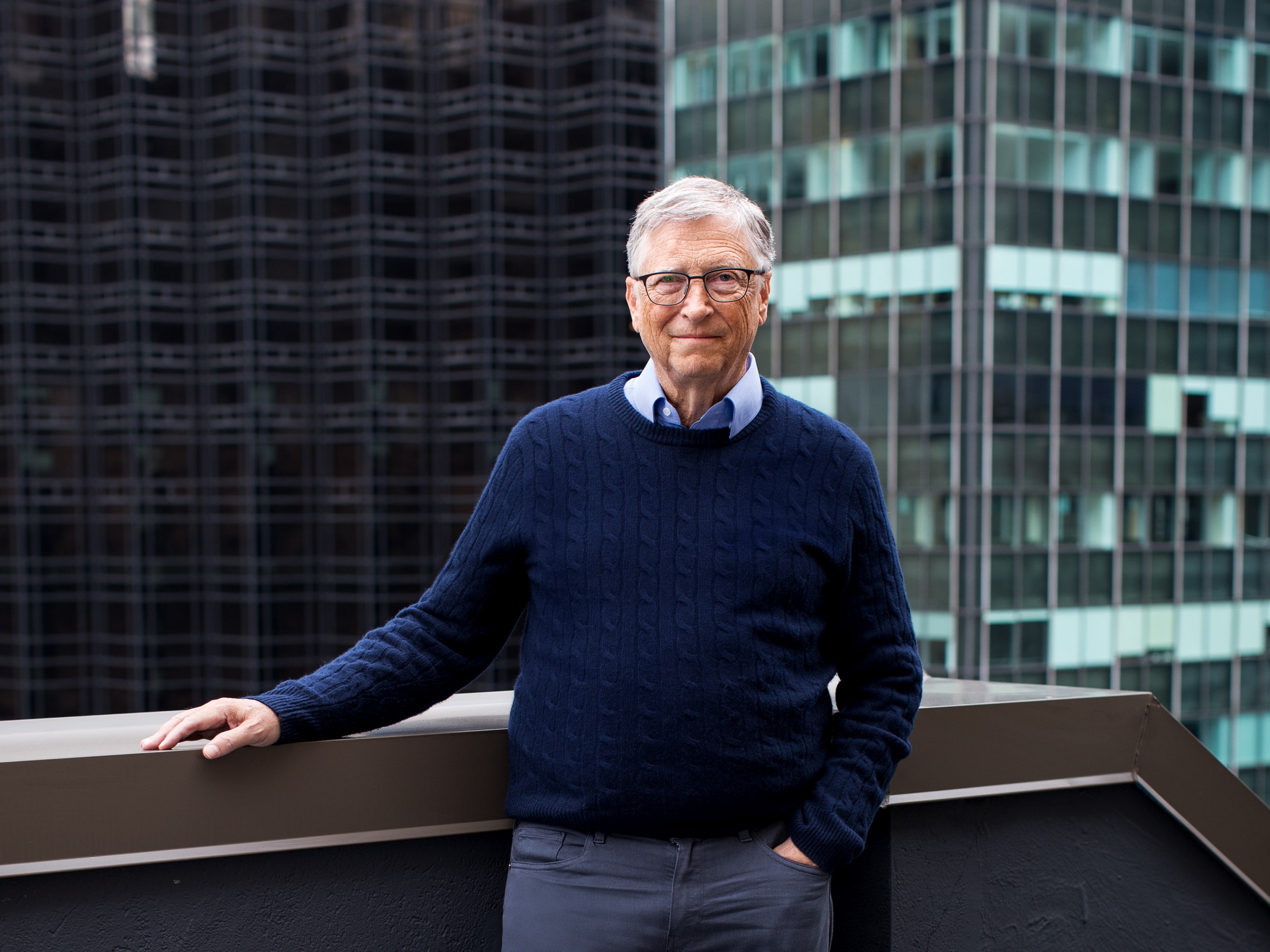
Bill Gates has made it clear that his commitment is to improving health, not reducing populations. The allegations of population control are not supported by credible evidence and are a diversion from the important work being done in global health.
The Gates Foundation, through its support for vaccines and other health initiatives, has made an undeniable impact in the fight against diseases like polio and malaria.
These efforts have saved countless lives, and the foundation continues to be a leader in the global movement to improve health outcomes for the world’s most vulnerable populations.
As the world continues to face new challenges, including the ongoing COVID-19 pandemic, it is critical that we rely on science, evidence, and the expertise of organizations like the Gates Foundation to guide our response.
Bill Gates and his foundation have been instrumental in advancing global health, and their work should be recognized for its positive impact rather than being clouded by baseless conspiracy theories.
With continued investment in vaccines and healthcare infrastructure, we can build a healthier, more equitable world for all.

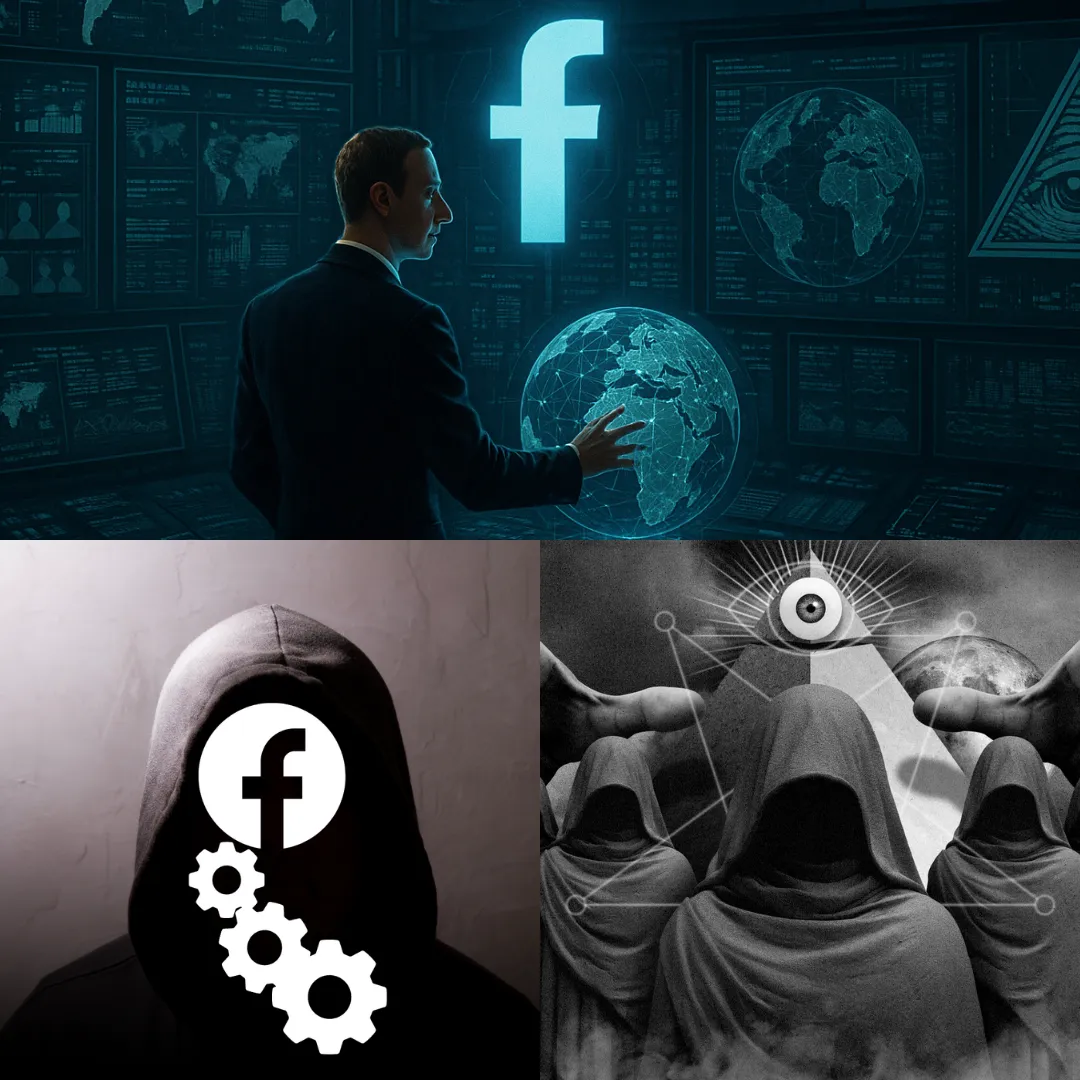
-1750299376-q80.webp)
